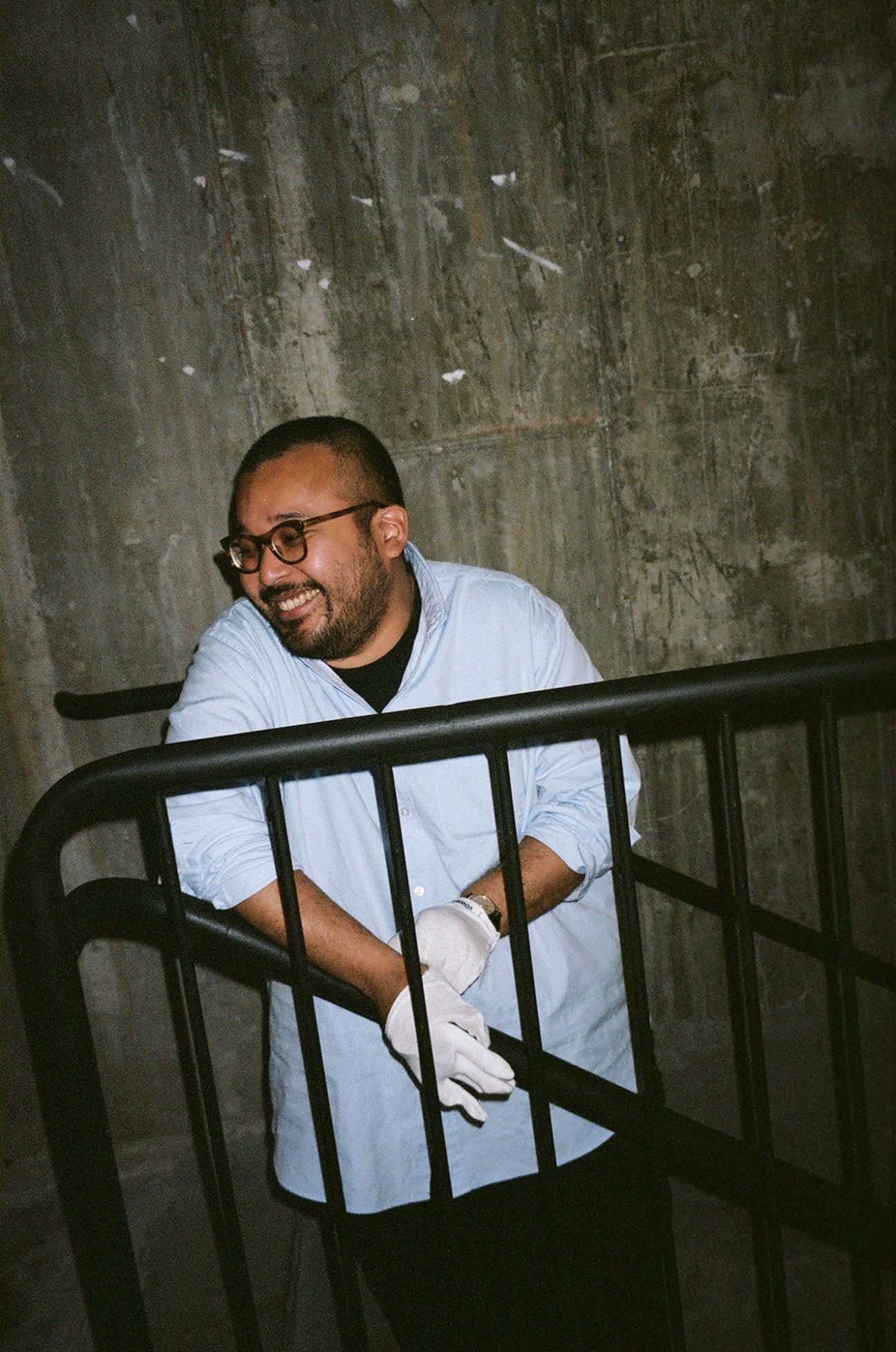
“Do you want me to be super straight-forward?” asks Yuki Yagi, the designer behind new streetwear brand Vowels, when I meet him at the company’s New York outpost. The further he gets into his frank retelling of navigating the fashion industry, the harder it becomes to imagine that Yugi is even capable of the clout-laden, mythologized posturing of his neighboring competitors in Downtown Manhattan.
The designer is fresh off stints at a number of these brands—NDAs mean he can’t name any on record, but let’s just say they’re market-leaders—which makes the discrepancy all the more impressive. The principles upon which he founded Vowels are quality, research, and the Japanese martial arts philosophy of Shu Ha Ri, which essentially translates to “you have to know the rules to break them.”
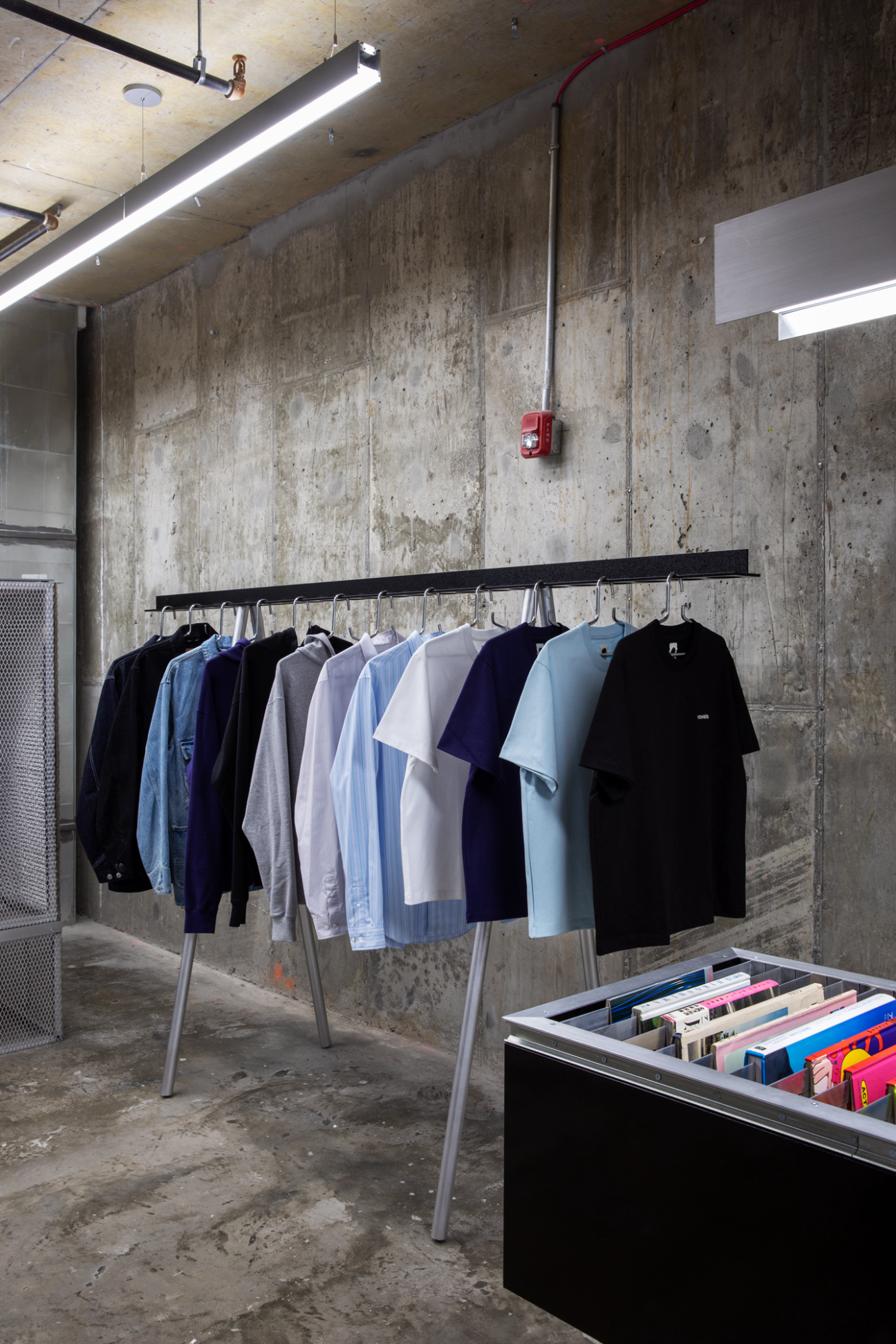
The process of putting the pieces for the first capsule collection together, and the studious research that went into doing so, is clearly Yuki’s comfort zone of conversation. He speaks mainly in lineages, like the historical circumstance that inspired the painter who inspired his work. Vowels’s jeans, overlaid with a subtle monogram in a lighter wash, are akin to a Rothko. “If you have highs and lows, it creates more interest, like a painting,” he explains. “I just wanted to give a little bit more interest within the staples. It’s like, how can you make a uniform product better? You can’t—you just have to make it better fabric, better quality.”
Yuki’s disparate creative influences are the most intriguing part of Vowels, which is set to drop a few additional collections during forthcoming fashion weeks. The Japanese-American designer left school at 15 to work in kitchens and with wholesale manufacturers in places like Germany and Pakistan. He then pooled his savings into a two-year degree at Parsons before continuing his education in Antwerp.
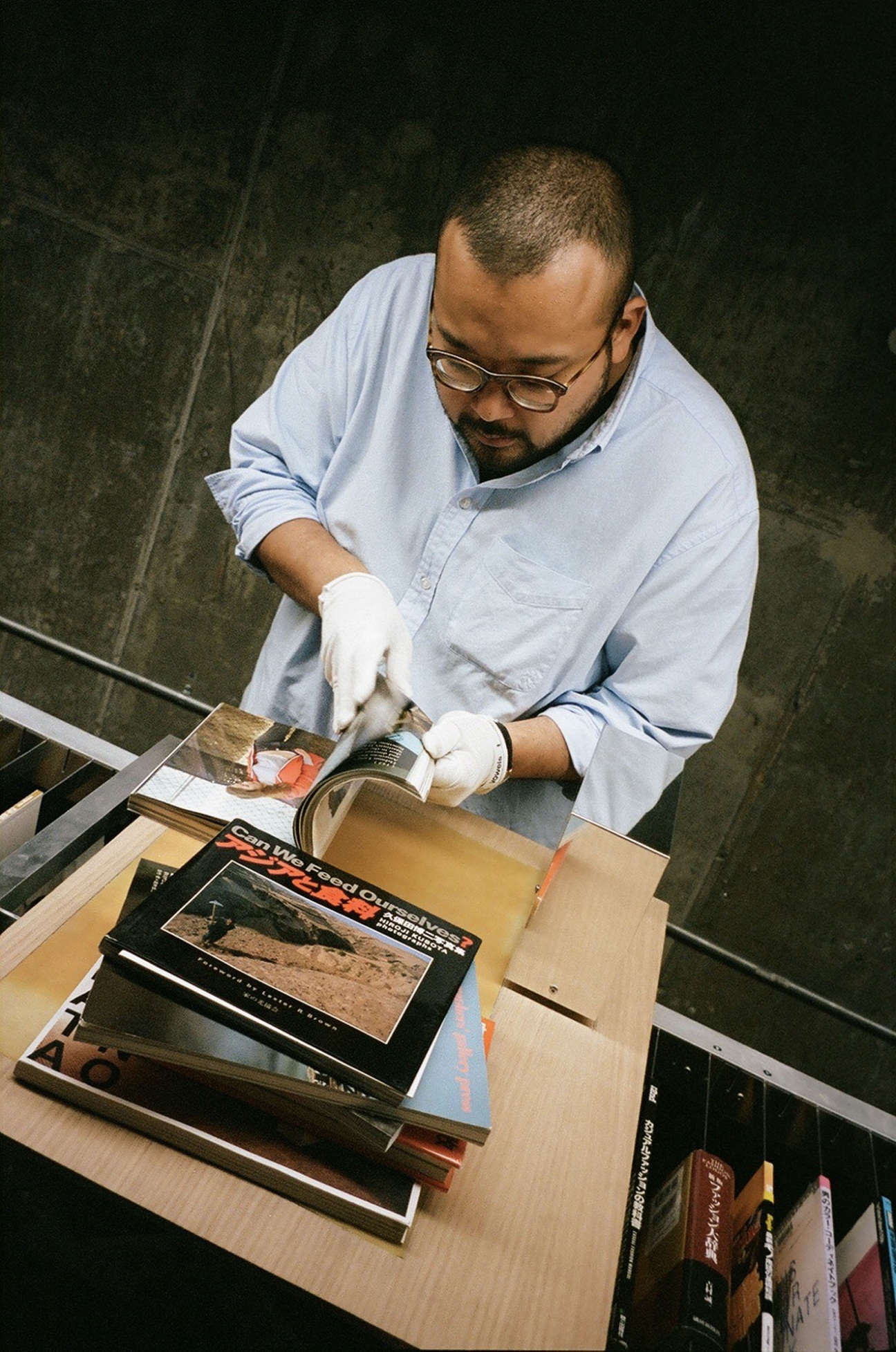
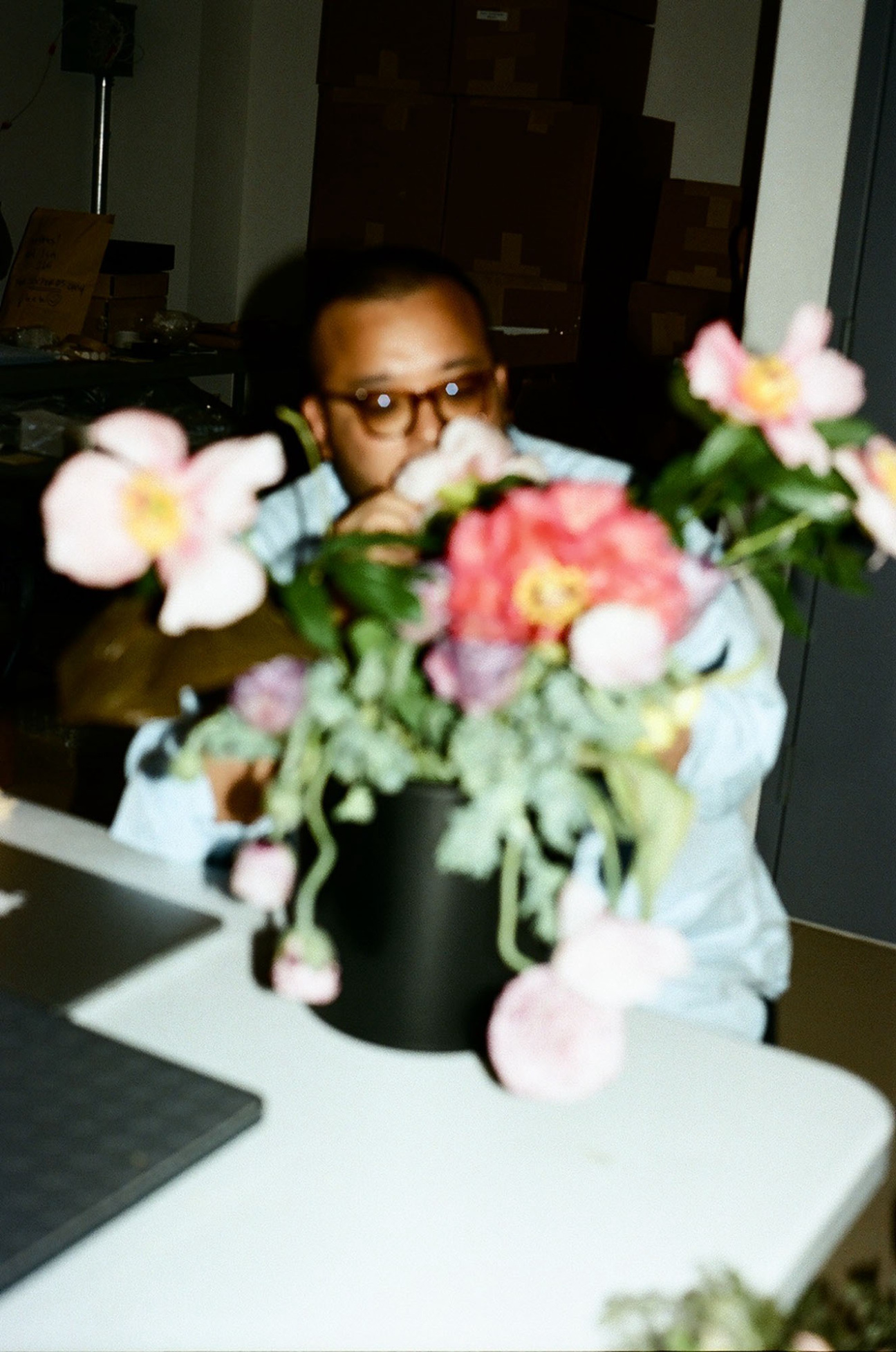
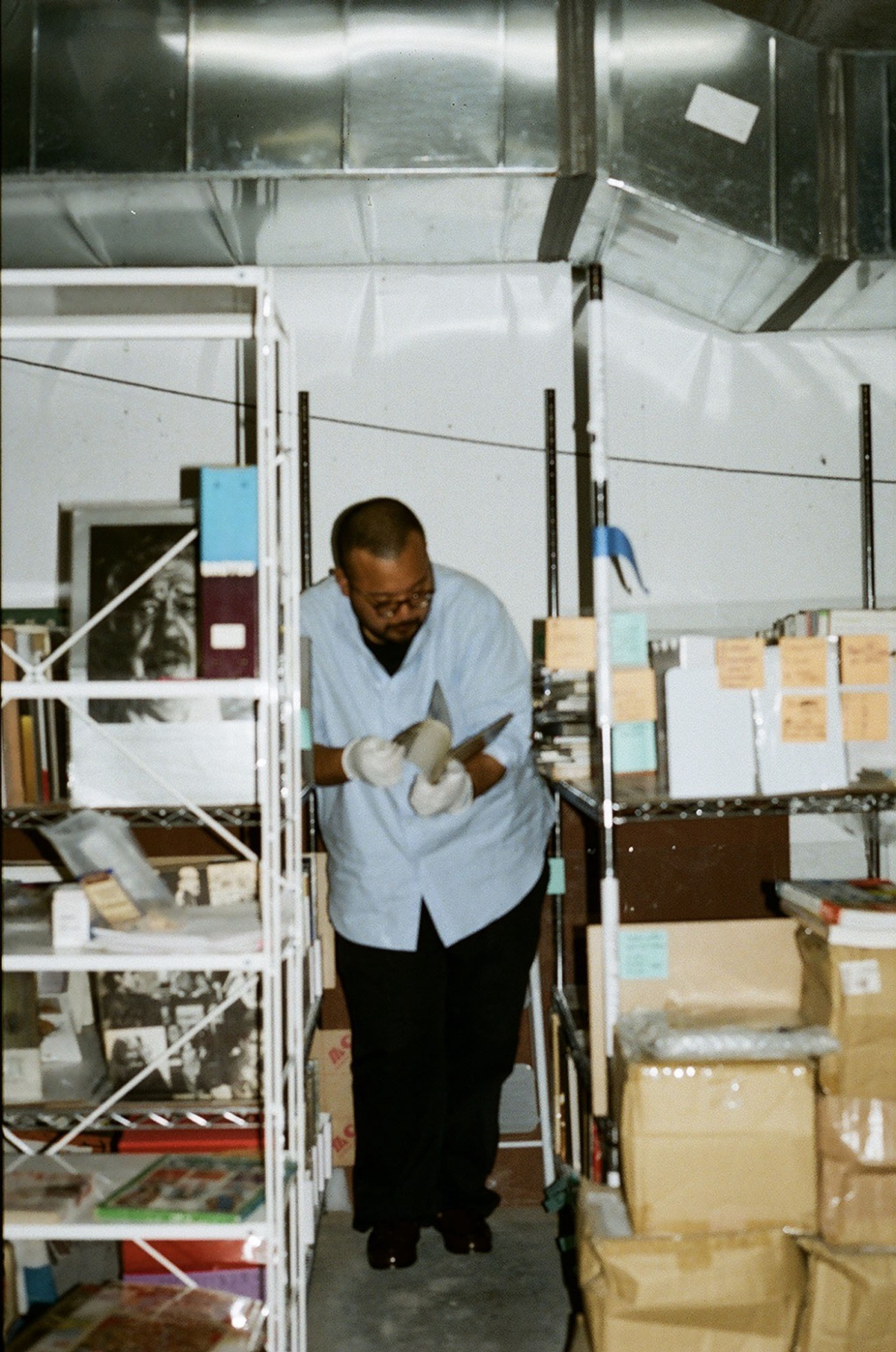
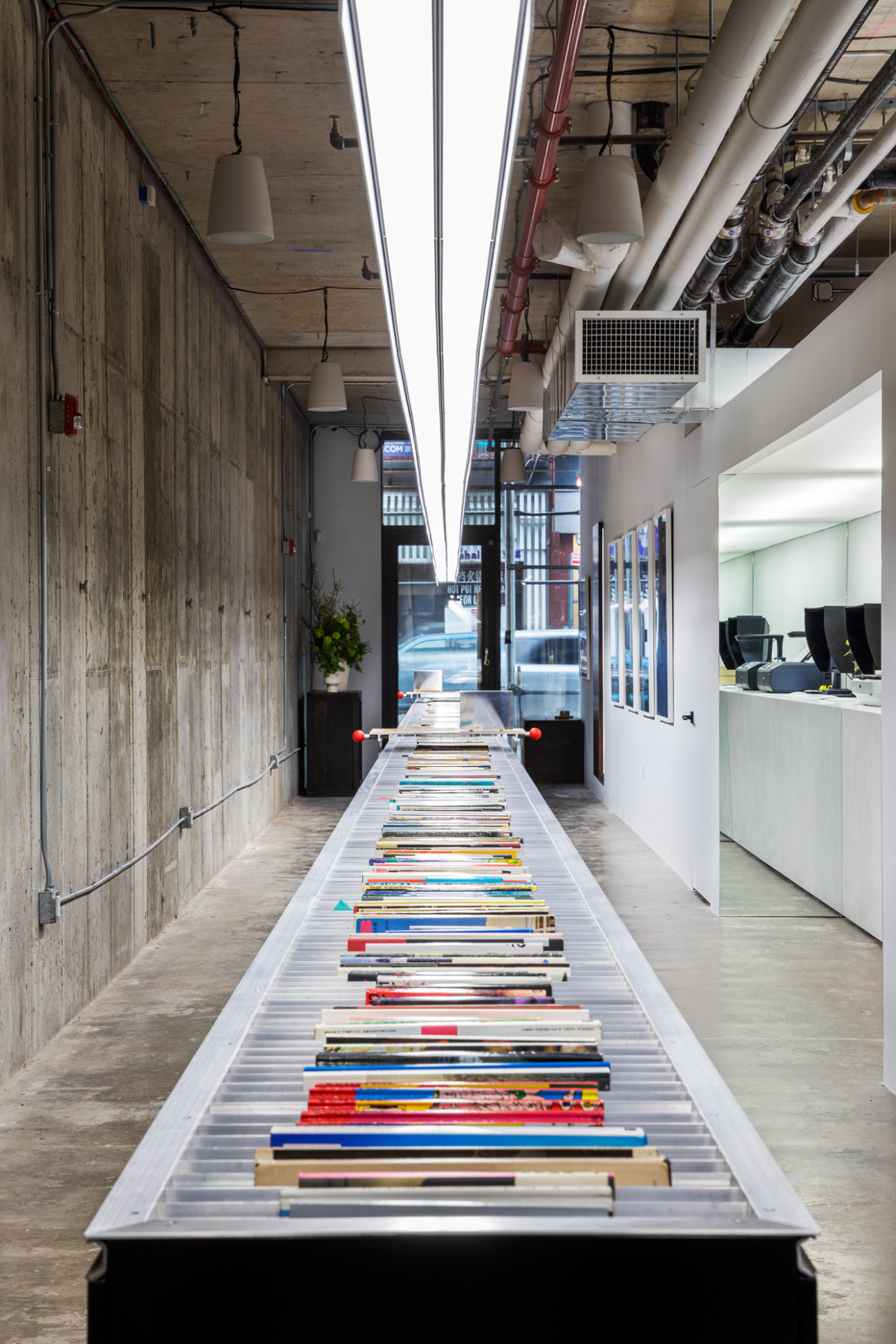
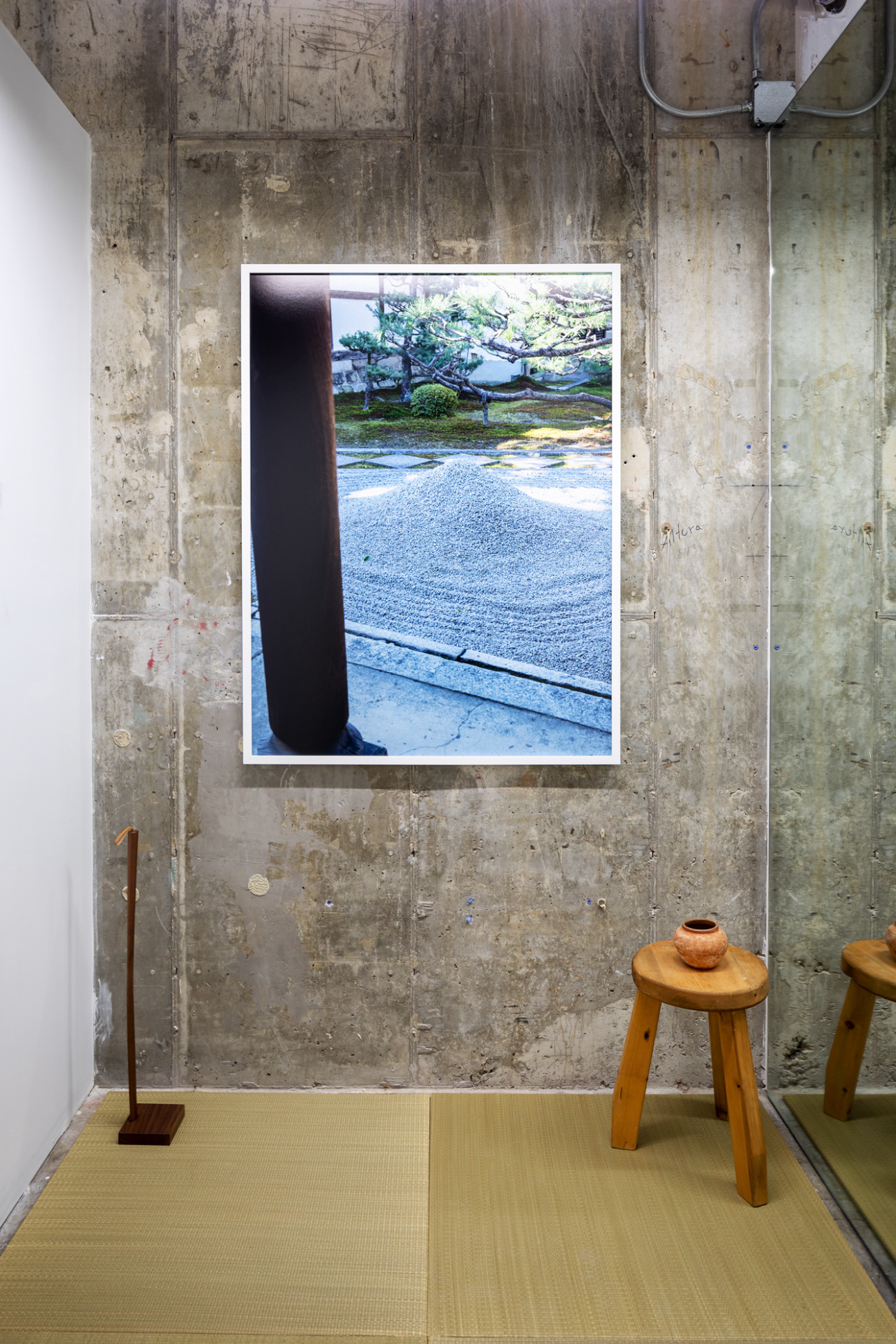

He notes his father visited 130 countries by the time he was 27, which inspired Yuki’s own love of travel. The desire to give back to people he met along the way in part led to the Vowels Showroom and Research Library, a Chinatown storefront that has far fewer clothes than it does vintage books, white artifact-handling gloves, and scanners.
It’s where Vowels held its launch party last week (before heading off to a slightly rowdier after-party). The evening had all the right players: an appearance from Cam’ron, high-flash photography by Cobrasnake, Stretch Armstrong in the DJ booth, a cadre of miscellaneous well-dressed New Yorkers. But between the Suntory-sipping attendees were rows of books behind glass, all purchased by Yuki in Japan where he remarks, bluntly, “They’re way cheaper.”
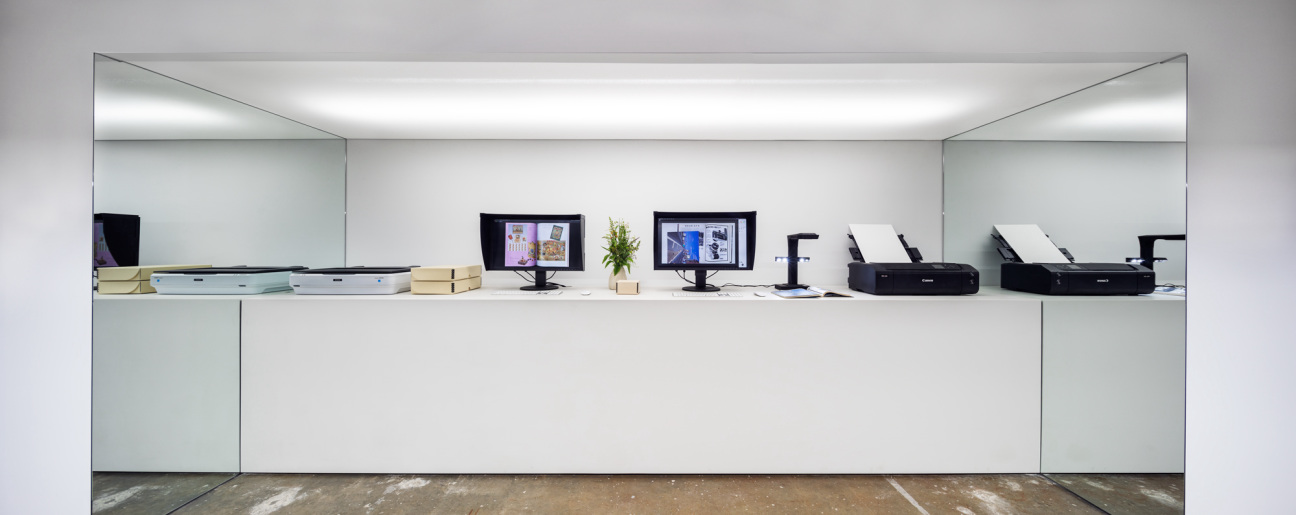
The publications on display include vintage Survival Series editions, Japanese cookbooks, yellowed copies of niche magazines, and interior design guides. Guests can make an appointment to come conduct research in the Nile Greenberg-designed space, which will have a rotating collection of materials available and programming overseen by Hayley Champoux, Vowels’s Head of Brand Marketing and right hand.
Champoux affectionately refers to her business partner as Yuki-San and seems chiefly responsible for orienting the brand to reflect his life philosophy, remarking, “I want everyone to learn to think like Yuki.” Appropriately, walking through The Research Library feels like physically stepping inside a fold of Yuki’s brain, where the space is orderly yet spilling over with nerdish delight. Of the forthcoming programming, she explains, “We designed the space to be this nice, escapist place. Escapist sounds a little extreme, but we’re in a city that is unaffordable—you really wanna just provide access to people.”
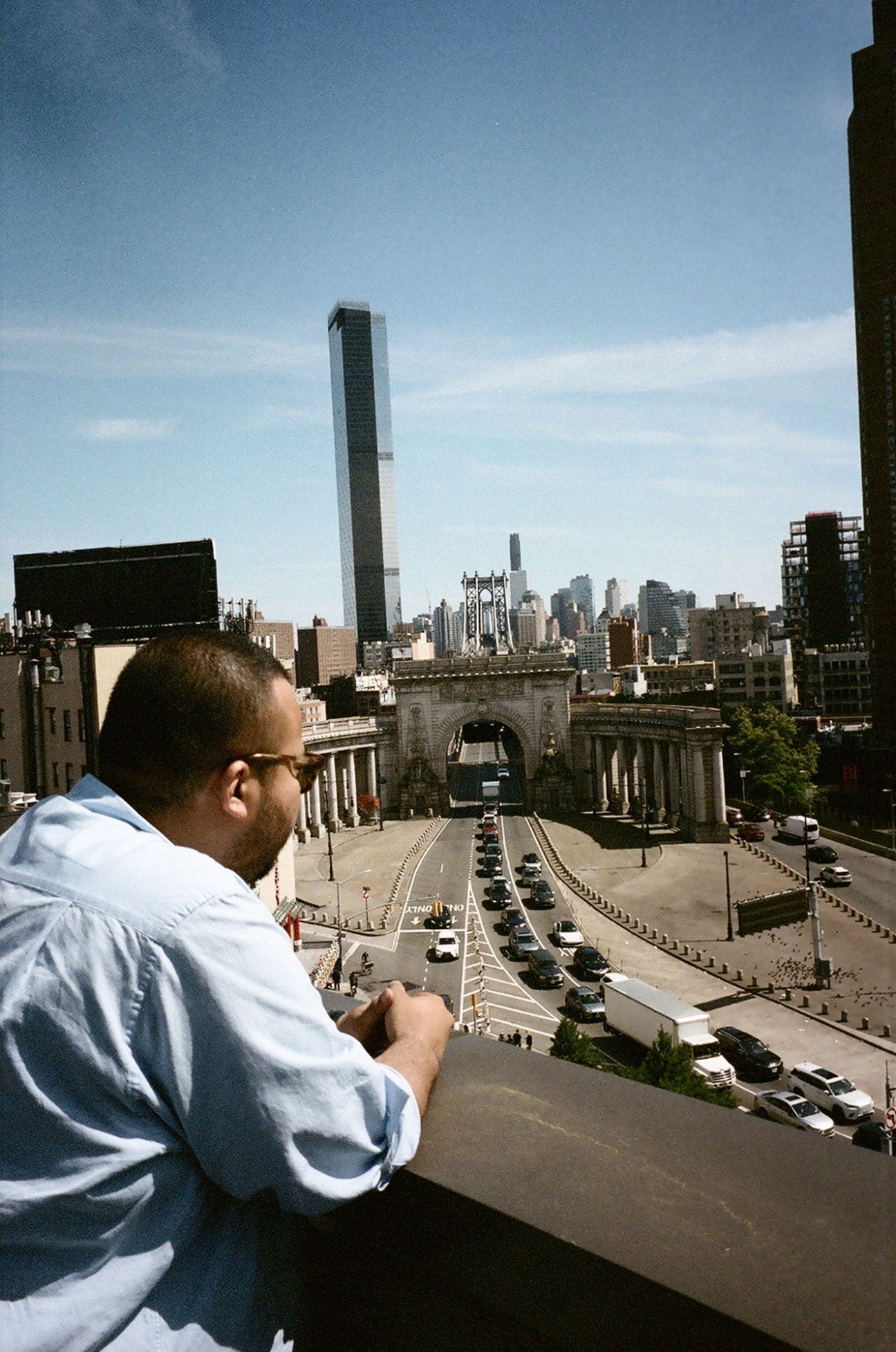
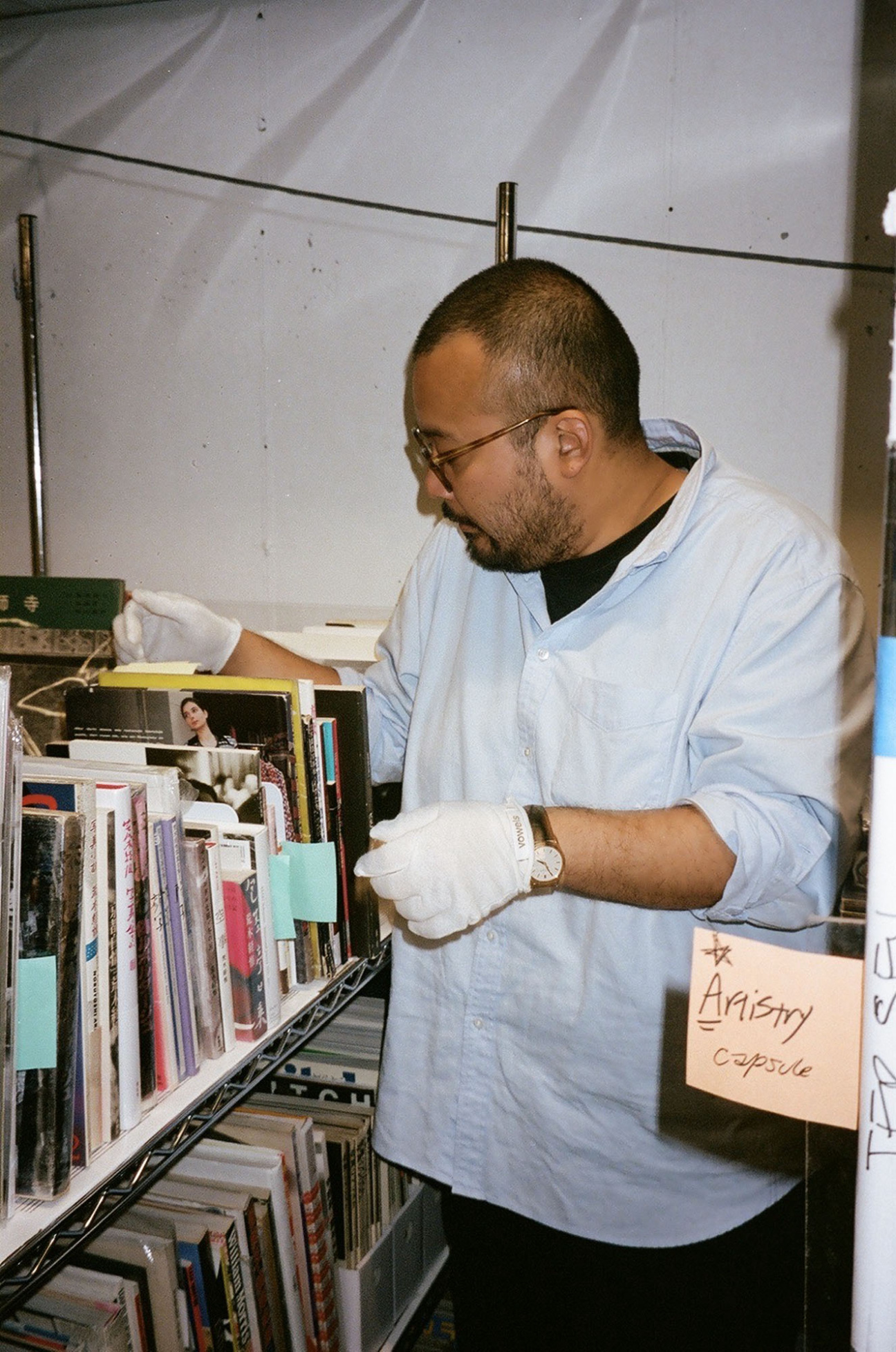
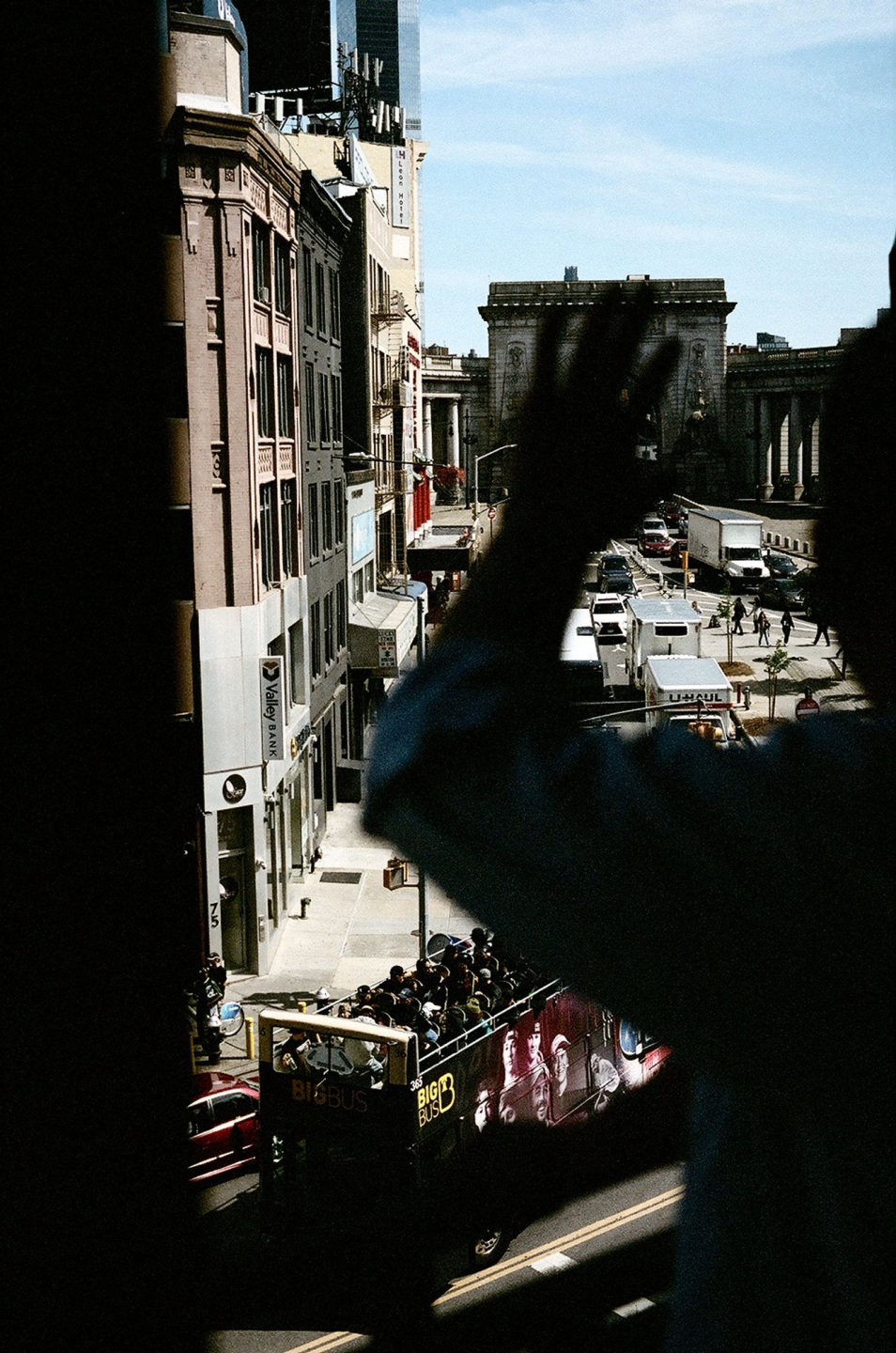
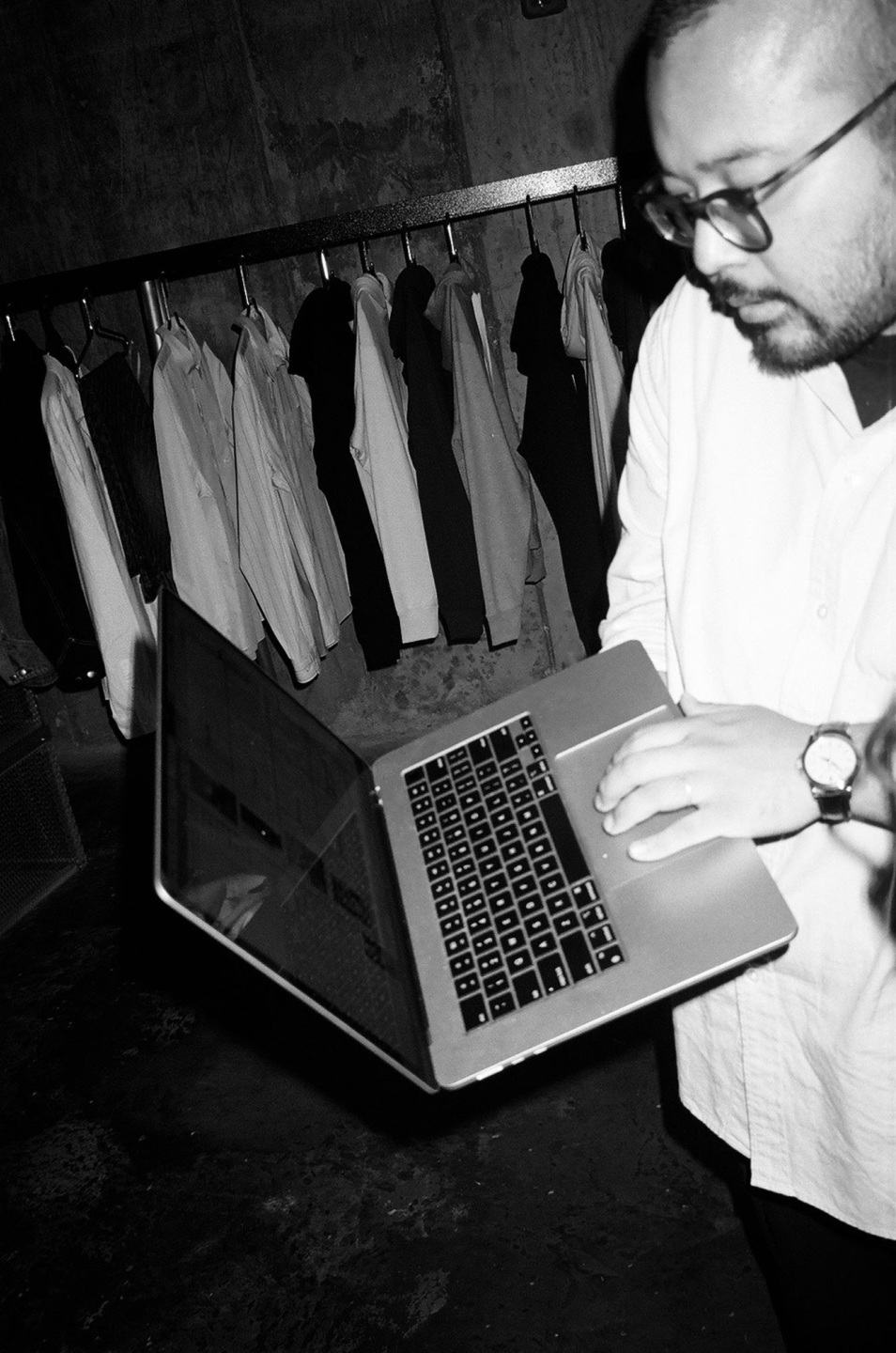
Vowels’s aim of providing magazines for the masses, while selling luxury garments to sartorially inclined visitors, is an evolving mission, as evidenced by the semi-finished office space where Yuki and Champoux are holding press meetings and the pair’s obvious early-days enthusiasm. But the possibility that comes from uncertainty animates Yuki. “I’d rather do something where I don’t know what’s gonna happen tomorrow, than go to the office. That edge [between] failure and success, to me, is really beautiful because it feels like you’re really struggling. Like what Thomas Edison said, 99 percent is trial and 1 percent is genius, or whatever.”

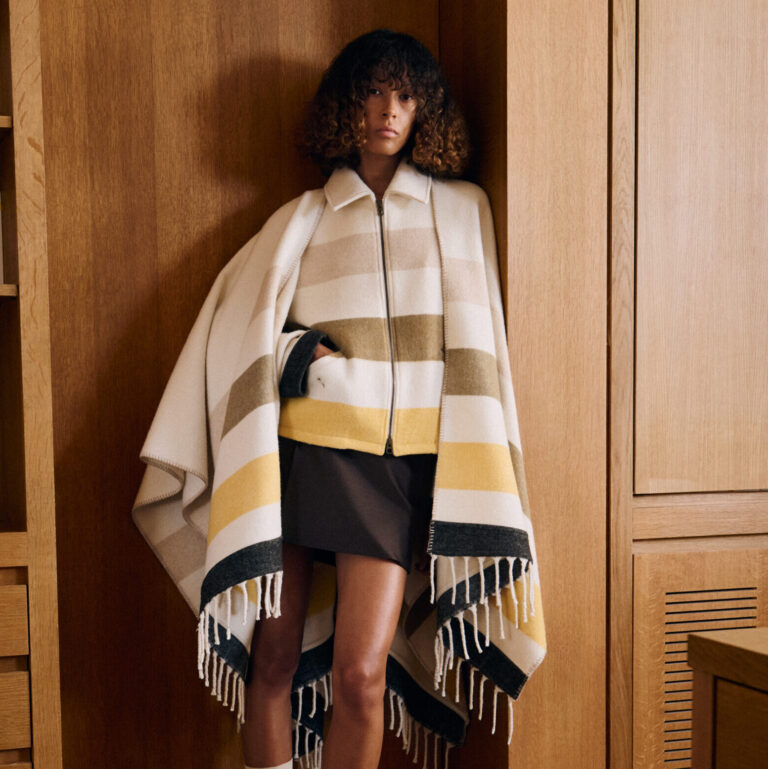
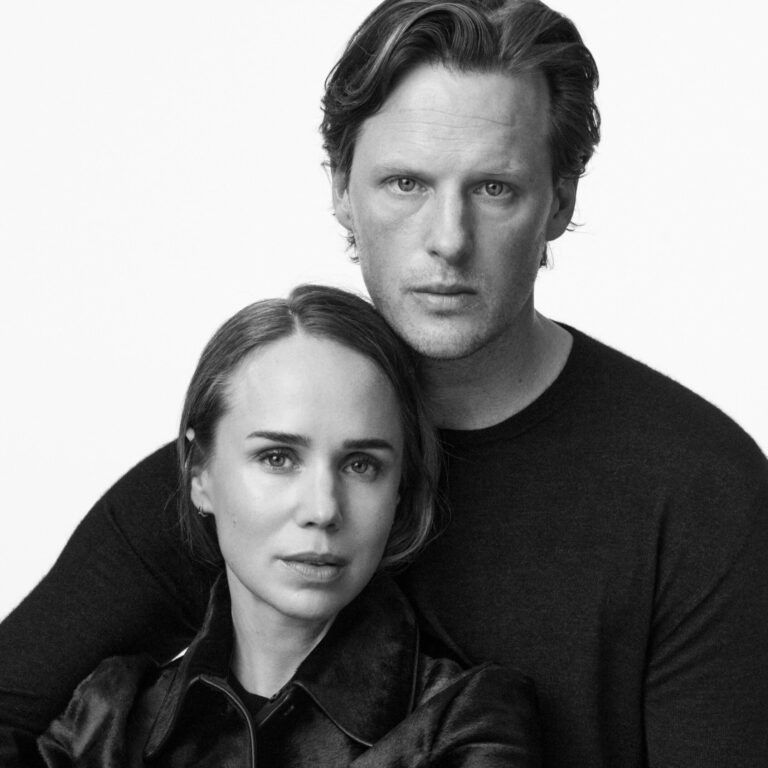
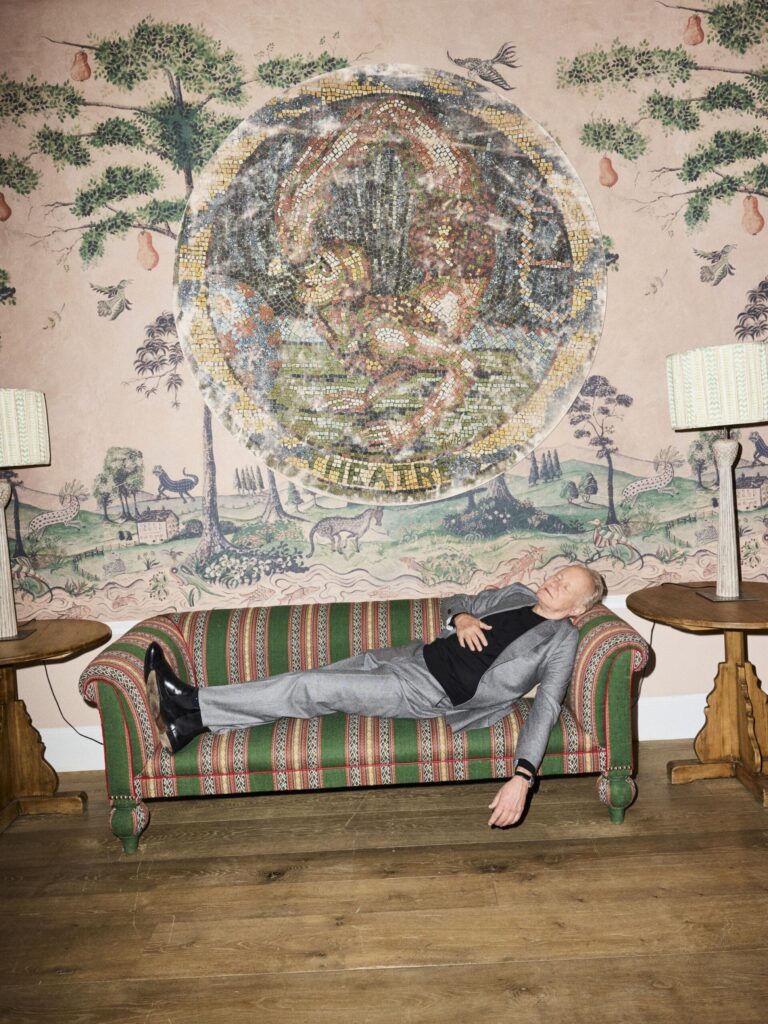
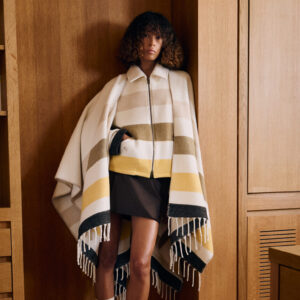
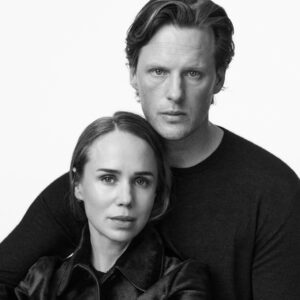
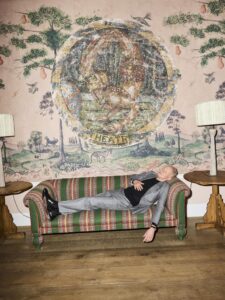



 in your life?
in your life?

